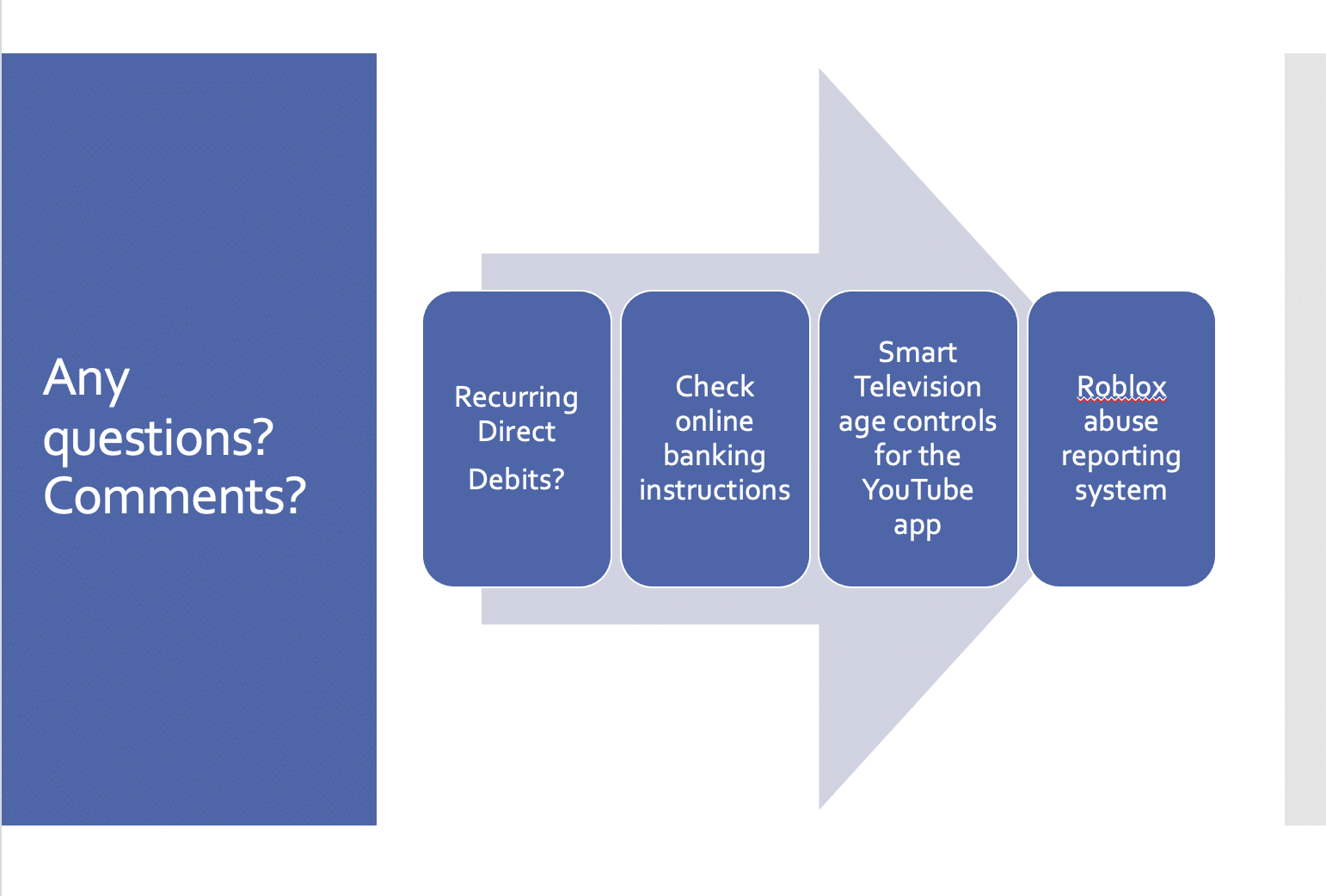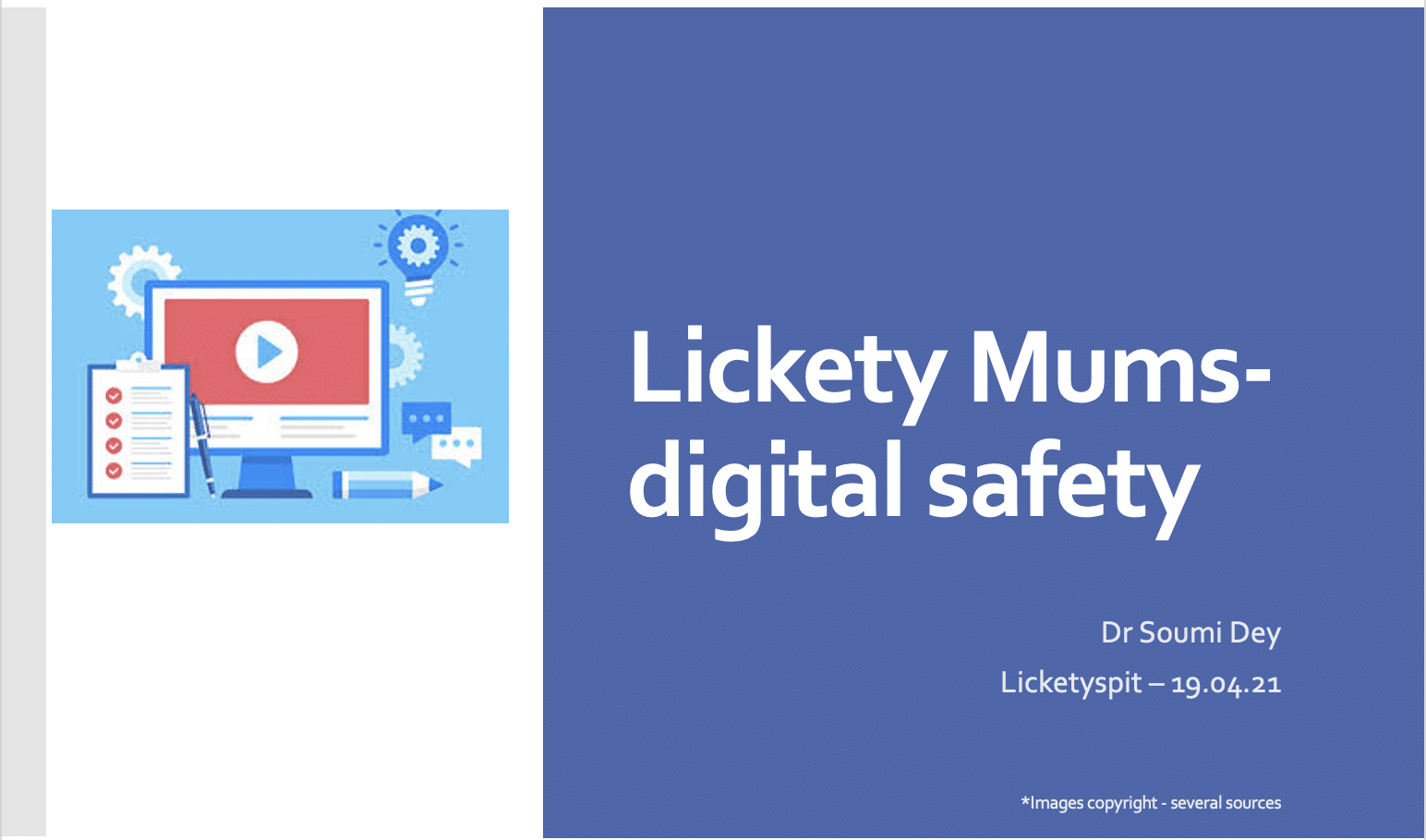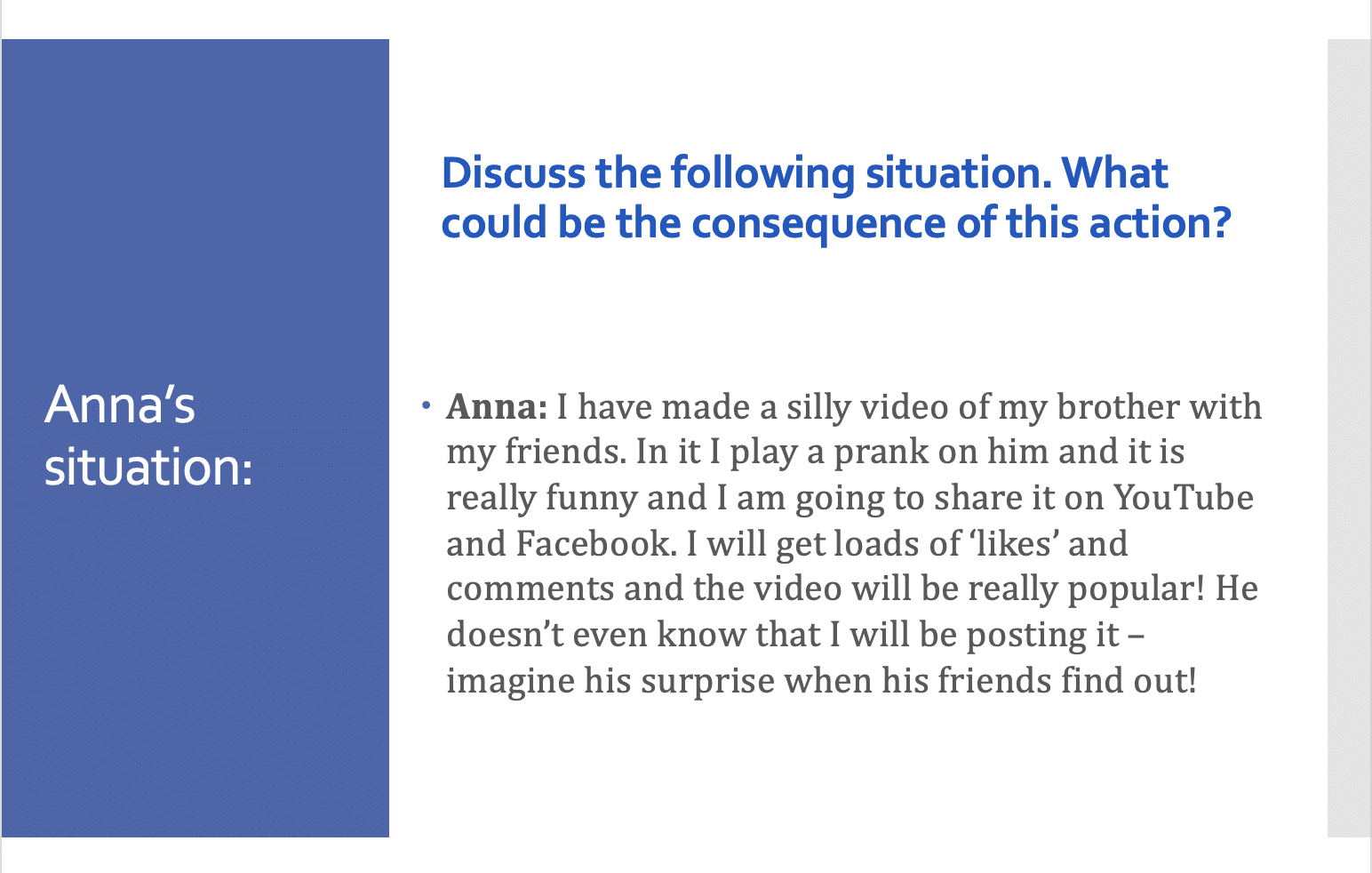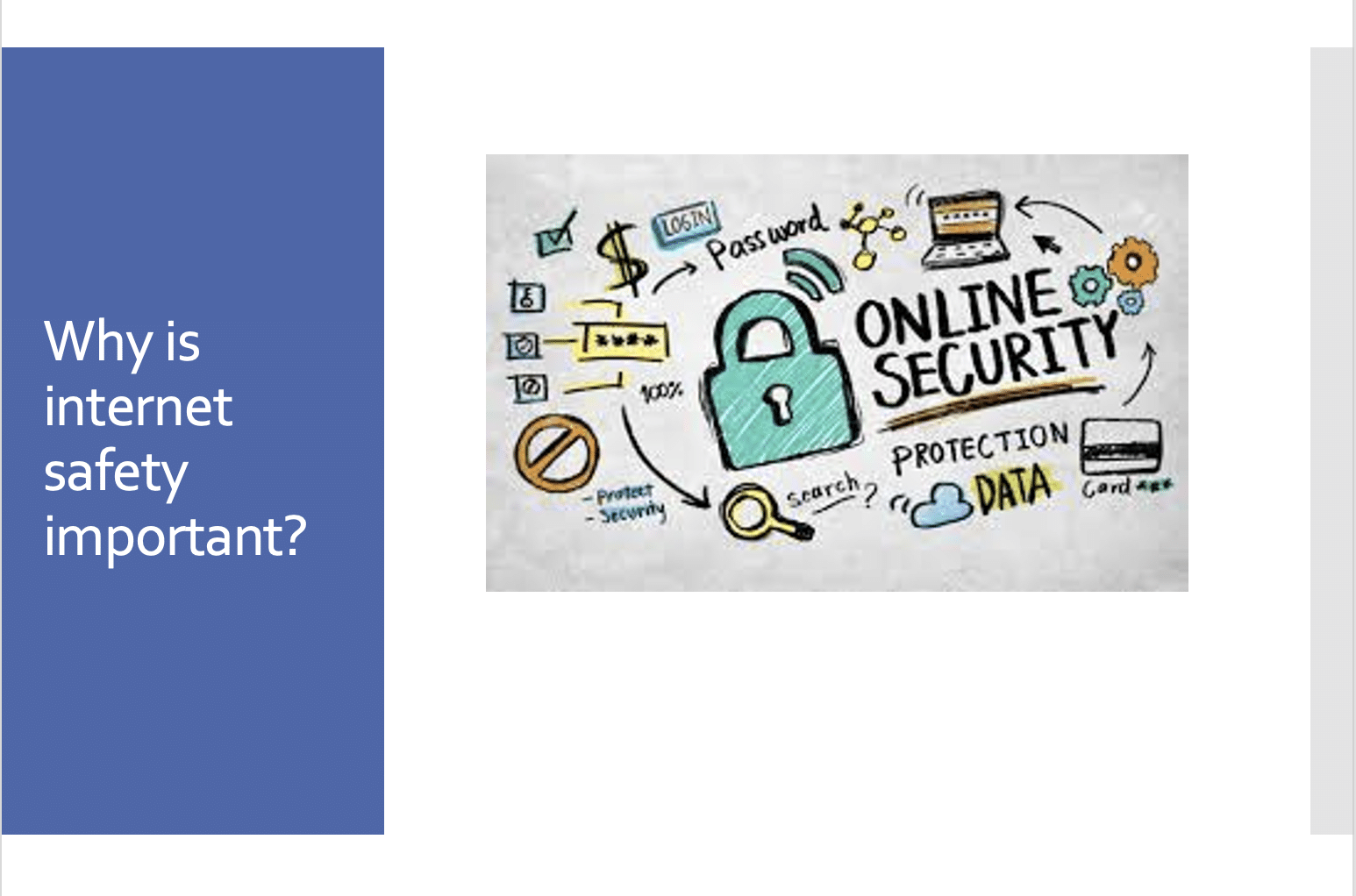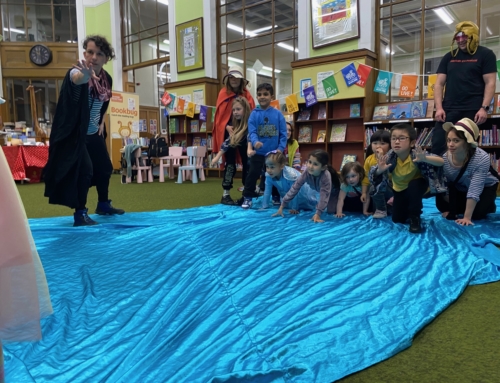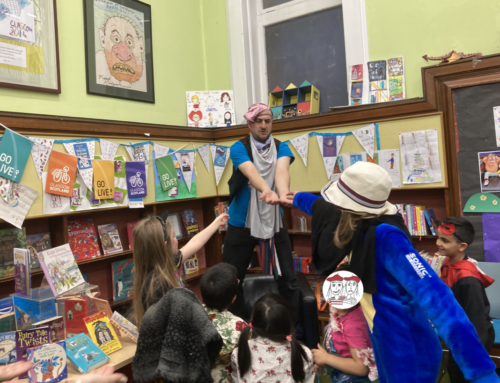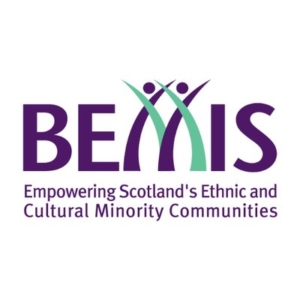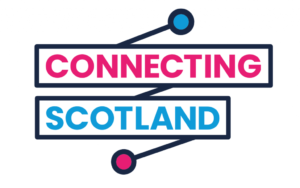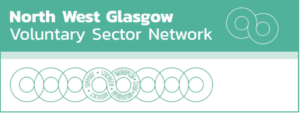Lickety Mums Blog 3!
Internet Safety with Dr Soumi Dey
The 4th Lickety Mums session last Monday was all about digital safety and creating awareness about how to protect our online presence.
Dr Soumi Dey of the University of Glasgow was the guest facilitator for this session. Soumi is an adult educator and teaches courses in Education and Social Sciences. She has a PhD in Children’s Literature and is specially interested in how children learn from digital resources. She is also a mum of a primary aged child and loves sharing her learning experiences with other parents.
Soumi said:
All of the topics we covered and my “internetiquette tips” can be found below.
It was great to interact with all the super engaged mums – you always impress me with your keenness to learn with children and be better parents. Great to have Ruby and Shona’s support and input too. Hope to see you all again soon!
Soumi 🙂
Image on right from: beinternetawesome.withgoogle.com/en_uk/interland/reality-river
Our final session is on Monday 3rd May,
Then the next block of Lickety Mums starts on Friday 7th May at 4-5pm – running every 2 weeks for 10 weeks.
Soumi’s Internetiquette Tips
1st: Do not give out personal details like your age, birthday, phone number, address, email or passwords. For children, use only first names and do not post stuff about their schools/ teachers/ hobby classes, etc. Do not be over-sharers!
2nd: Respect others online and don’t use bad or inappropriate words, bully, or display mean behaviour (you could get into trouble for that)
3rd: Avoid websites that are not monitored by trusted moderators. Monitored websites have systems in place to protect the user. It is like having a cyber security force to help protect you)
4th: Review any social networking site with your children and use these pointers to check if the website is safe for them to use – before they create an account on these sites (you are their personal security force). Use websites like www.net-aware.org.uk
5th: Report anything that you think is inappropriate
Important things to think about
Sharing stuff about ourselves on the internet
We discussed several everyday situations where we adults or our children want to post things about ourselves on social media – our activities, our travels, stuff about our homes, pranks we play on others. Most of these posts are for fun, to share bits of our lives with friends and family who we don’t see all the time. Popular social media platforms like FaceBook, Instagram, Twitter, Snapchat, TikTok etc have given us much needed outlets especially in the past year when we have been locked in our own houses.
What we sometimes forget is that all the information that we share on these platforms are recorded and very hard to keep private or remove from the internet. Awkward photos, mean-but-funny prank videos all become a part of our digital presence or our ‘cybershadow’, which follows us for years and years and might cause us embarrassment, ruin our chances of getting admissions in prestigious universities, or good jobs and, in extreme cases, even lead to bullying and blackmail. So it is important that we think very carefully before sharing information about ourselves or our family and pals on platforms where strangers can view and download our data.
Image from: beinternetawesome.withgoogle.com/en_uk/interland/reality-river
Digital Citizenship
It is your online presence – who you are and what you stand for. Most of us cannot go through our day without logging in, or being connected to something or someone. It is almost like another life – so we have to be sensible and careful – just like how we would be in real life. We have to be careful of how we present ourselves and also how we interact with others – this is also called ‘Internetiquette’. Read our favourite tips below.
Resources
- Thinkuknow.co.uk – Education programme from the UK’s National Crime Agency
- https://beinternetawesome.withgoogle.com/en_uk/interland/reality-river
- Roblox game help: Internet Matters; Roblox help on unauthorised charges
- Youtube Parental Control settings – click here.
📱 Remember, Shona has shared helpful links to address questions raised in the session, in the WhatsApp group.
Fun Task
Google yourself (type your name in the web browser, run a search) and see what comes up – you might be surprised!
Image from: amwik.org/digital-security-training-for-women-journalists
Money money money!!
(Abba song reference 😛 )
Soumi’s safe digital practice tips for using debit and credit cards:
- When using websites or playing games online, do not click on any advertisements – they almost always ask for your private information and also for your money
- Do not save credit card details on your devices – especially if your kids have access to them. Many parents have lost thousands of pounds because their child has clicked on links that advertise attractive gadgets and toys and then clicked buttons to pay automatically. Most credit card lenders will not cover such errors in spending.
- Always look for the ‘lock’ sign on the browser whenever you making a payment online.
- Google play/ Apple store access and downloads – do not store your card details here.(Ever wondered why are these apps and websites free? They are mining our personal data. We are paying through giving our attention and our information – it is not free!)
